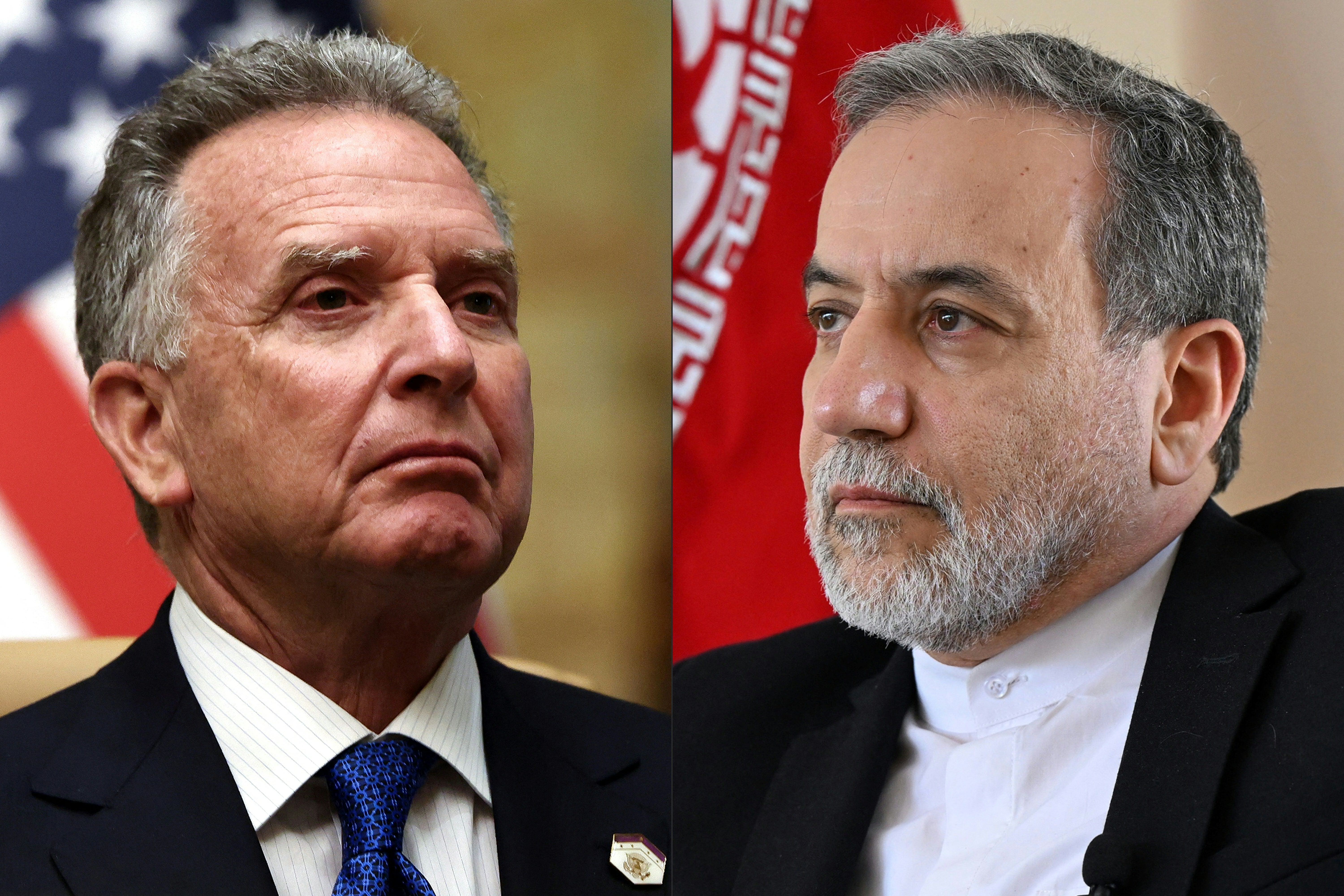
TEHERAN / MUSCAT - Iran's Foreign Minister Seyed Abbas Araghchi on Saturday said the negotiations with US delegations in Rome were held in a "constructive" atmosphere and are making progress, according to Iran's IRIB news agency.
He made the remarks at the end of the second round of the Omani-mediated indirect talks between Iranian and US delegations, headed by him and US Special Envoy to the Middle East Steve Witkoff respectively, on Iran's nuclear program and removal of Washington's sanctions.
Araghchi described the four-hour meeting as "good" and "forward-moving," adding that both sides had reached a better understanding of several key principles and objectives.
He also noted that technical negotiations at the expert level are set to begin in Oman by Wednesday, where the details of the agreement's framework may be discussed.
He added that the negotiators would meet in Oman next Saturday again to discuss the result of the experts' work.
The just concluded indirect talks were the second round between US and Iranian delegations. The first round of the talks was held last Saturday in the Omani capital Muscat, which were described by both sides as "constructive."
ALSO READ: Iran expects IAEA to maintain neutrality in Teheran-Washington talks
Also on Saturday, Oman's Foreign Ministry confirmed that Araghchi and Witkoff have agreed to move into the next phase of negotiations aimed at reaching a fair, lasting, and binding agreement on Iran's nuclear issues.
A spokesperson from the Omani Foreign Ministry said that dialogue and clear communication remain essential to achieving "a mutually credible agreement and understanding for the benefit of all concerned regionally and internationally."
Omani Foreign Minister Badr Albusaidi expressed appreciation on the social media platform X for the spirit of cooperation shown by both parties.
"I would like to thank Iranian Foreign Minister Dr Seyed Abbas Araghchi and Presidential Envoy Mr Steve Witkoff for their highly constructive approach to the talks today. These talks are gaining momentum and now even the unlikely is possible," he said.
READ MORE: Iran says nuclear issue, sanctions focus of indirect talks with US in Oman
The talks followed US President Donald Trump's threats to bomb Iran if the Middle Eastern country does not accept his offer for talks outlined in a letter sent to Iran's leadership in early March.
Iran signed a nuclear deal, formally known as the Joint Comprehensive Plan of Action, with six major countries -- Britain, China, France, Germany, Russia, and the United States -- in July 2015, accepting restrictions on its nuclear program in return for sanctions relief.
However, the United States withdrew from the deal in May 2018 and reinstated sanctions, prompting Iran to scale back some of its nuclear commitments. Efforts to revive the nuclear deal have not achieved substantial progress.


